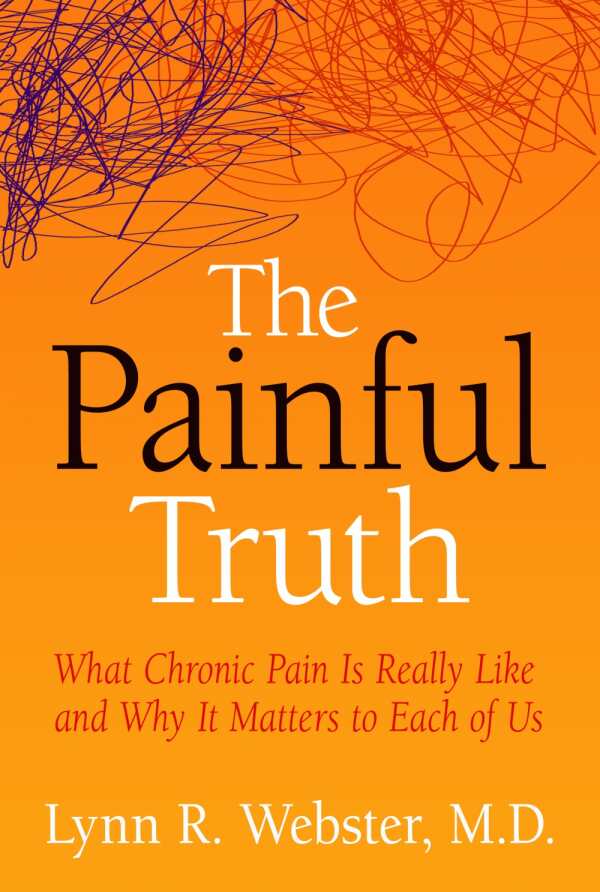The Painful Truth
What Chronic Pain Is Really Like and Why It Matters to Each of Us
- 2015 INDIES Finalist
- Finalist, Health (Adult Nonfiction)
The Painful Truth is an invaluable, hope-filled resource for individuals—and societies—consumed by pain.
The Painful Truth: What Chronic Pain Is Really Like and Why It Matters to Each of Us, by Lynn R. Webster, MD, is a medical yet friendly examination of pain.
Early in the book, Webster sets a high bar for the importance of the topic at hand: “There is no problem, medical or nonmedical, that is more intimate, that is more personal, and that has more of an impact on more lives than pain.” This statement may be jarring to people new to the topic of pain, but for those who deal with it on a daily basis, the data used to back up this assertion could nearly go without saying: “At any given time, in the United States, about one third of all people are in pain. Half of all people aged sixty-five and older have chronic pain.”
From that beginning, Webster ventures into the life-encompassing effects of pain and the mind-boggling interconnectedness of causes and effects—physical pain has emotional, relational, spiritual, cultural, and societal ramifications; it is frustrating, causes conflict and despair, invites the accusation that “it’s all in your head,” can exacerbate isolation and addiction, and more. Webster makes sense of such a daunting web by sharing stories of patients. Through unpacking these narratives, he offers insights and hope.
The book’s holistic understanding of pain leads to nuanced solutions (such as a push for empathy and self-advocacy) that are often a bit more descriptive than prescriptive—and as a result they’re adaptable to the variety of circumstances of pain. But Webster does give direct recommendations for society’s response to pain, including “ramp up research efforts to discover better therapies for pain.”
While Webster’s professional experience (including having served as president of the American Academy of Pain Medicine) is valuable, the greatest gift the book offers is compassion. Webster’s approach is medical but focused on healing over treatment. The book’s refreshing approach shows that humility, honesty, and warmth are not at odds with the medical profession, with statements like “Physicians have often not been as understanding about pain as they could have been” and “Although I remain optimistic about the human race’s ability to eventually defeat its enemy pain, I am disappointed that we aren’t further along by now.”
The Painful Truth is an asset for people who deal with pain on a personal level or on a larger scale: people suffering; their loved ones and caregivers; and practitioners of counseling, physical therapy, pharmacy, elder care, and other related professions. Webster avoids jargon in all medical descriptions so that everyday people can understand. And while every thought is given the level of development it requires, the book is not dense; it’s an easy-to-read, smooth mix of story and information.
The Painful Truth is an invaluable, hope-filled resource for individuals—and societies—consumed by pain.
Reviewed by
Melissa Wuske
Disclosure: This article is not an endorsement, but a review. The publisher of this book provided free copies of the book and paid a small fee to have their book reviewed by a professional reviewer. Foreword Reviews and Clarion Reviews make no guarantee that the publisher will receive a positive review. Foreword Magazine, Inc. is disclosing this in accordance with the Federal Trade Commission’s 16 CFR, Part 255.

